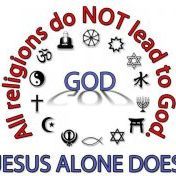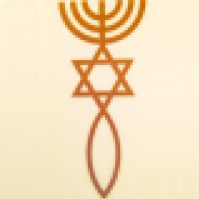-
Recently Browsing 0 members
- No registered users viewing this page.
-
Similar Content
-
- 2 replies
- 518 views
-
- 2 replies
- 942 views
-
- 117 replies
- 12,720 views
-
- 0 replies
- 636 views
-
- 23 replies
- 1,977 views
-






Recommended Posts